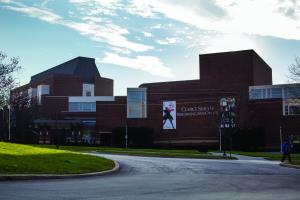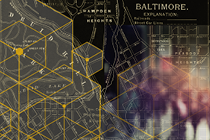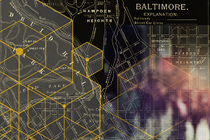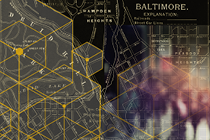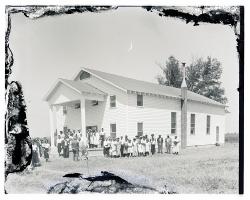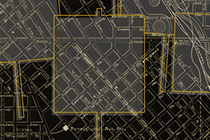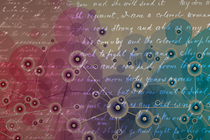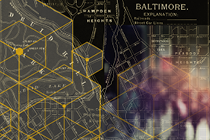ANNOUNCING THE SOCIETY FOR TEXTUAL SCHOLARSHIP’S 2017 CFP
The Maryland Institute for Technology in the Humanities (MITH) and the Andrew W. Mellon-funded African American Digital Humanities Initiative (AADHum) invite your participation in “Textual Embodiments,” the Society for Textual Scholarship’s International Interdisciplinary Conference for 2017.
Date: Wednesday, May 31 - Friday, June 2, 2017
Location: University of Maryland, College Park, Maryland USA
Program Chairs: Neil Fraistat, Purdom Lindblad, Catherine Knight Steele, Raffaele Viglianti
Deadline for Proposals: February 26, 2017
Keynote speakers: Marisa Parham (Amherst University)
Susan Brown (University of Guelph)
Our conference theme is "Textual Embodiments," broadly construed. With this theme we hope to engage a range of issues involving the materiality of texts, including their physical, virtual, or performative manifestations as objects that can decay or break down and can potentially be repaired and sustained over time. It also concerns the processes of inclusion and exclusion through which bodies of texts take shape in the form of editions, archives, collections, and exhibition building, as well as the ethical responsibilities faced by textual scholars, archivists, conservationists, media archeologists, digital resource creators, and cultural heritage professionals engaging in these processes.
As always, the conference is open to submissions involving interdisciplinary discussion of current research into particular aspects of textual work: the discovery, enumeration, description, bibliographical analysis, editing, annotation, mark-up, and sustainability of texts in disciplines such as cultural studies, literature, history, musicology, classical and biblical studies, philosophy, art history, legal history, history of science and technology, computer science, library and information science, archives, lexicography, epigraphy, paleography, codicology, cinema studies, new media studies, game studies, theater, linguistics, and textual and literary theory. Considerations of the role of computational methodologies, tools, and technologies in textual theory and practice are of course welcome, as are papers addressing aspects of archival theory and practice as they pertain to textual criticism and scholarly editing.
Especially welcome are interdisciplinary papers addressing the theme of Textual Embodiment in the fields of Black Diaspora Studies, Indigenous Studies, LGBTQ Studies, Latinx Studies, Disability Studies, Women’s Studies, and Critical Theory.
Submissions may take the following traditional forms:
1. Papers. Papers should be no more than 20 minutes in length, making a significant original contribution to scholarship. Papers that are primarily reports or demonstrations of tools or projects are discouraged.
2. Panels. Panels may consist of either three associated papers or four to six roundtable speakers. Roundtables should address topics of broad interest and scope, with the goal of fostering lively debate with audience participation.
3. Workshops. Workshops should propose a specific problem, tool, or skill set for which the workshop leader will provide expert guidance and instruction. Examples might be an introduction to forensic computing or paleography. Workshop proposals that are accepted will be announced on the conference Web site (http://www.textual.org) and attendees will be required to enroll with the workshop leader(s).
4. Submissions may also take the form of Open Fishbowl sessions. Drawing on the expertise of both speakers and attendees, Fishbowls are small group discussions in which 5 initial participants face one another in a circle, in the middle of the larger audience. Participants cycle out as audience members join the inner circle to create dialogue across perspectives and different types of research. Submitted proposals should include a brief statement as to the core idea or theme for the fishbowl, emphasizing its relation to conference themes or relevance to the larger Textual Studies community. Naming some or all of the initial five “fish” is encouraged. Potential topics for Fishbowl session might include, for example, “Minimal Computing, Globalized Editions,” “Participatory Editions,” and “#ArchivesSoWhite.”
Proposals for all formats should include a title; abstract (250 words max.) of the proposed paper, panel, seminar, or workshop; and name, email address, and institutional affiliation for all participants. Format should be clearly indicated. Seminar, fishbowl, and workshop proposals in particular should take care to articulate the imagined audience and any expectations of prior knowledge or preparation.
All abstracts should indicate what if any technological support will be required.
Inquiries and proposals should be submitted electronically to https://goo.gl/forms/B6xi4SmZAkmwWB9o2/. Responses will be sent by March 10.



